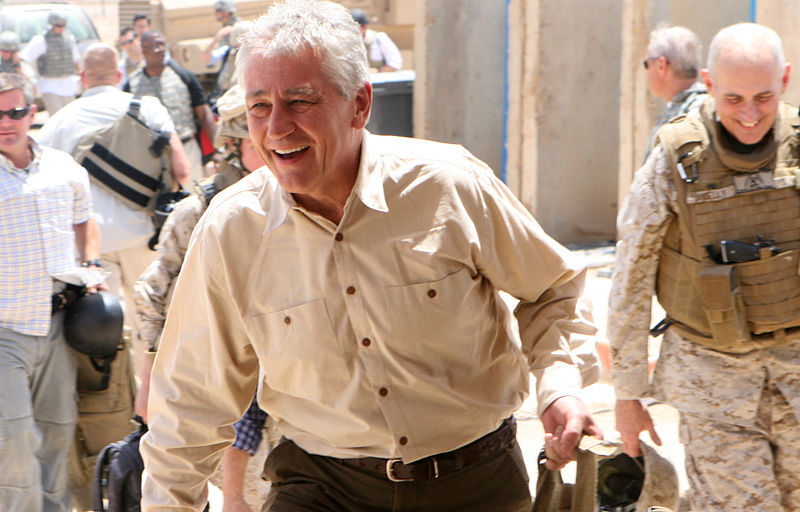The Virtue of Dissent

Tim Harford has been described as the “Malcolm Gladwell of Britain.” His refreshing approach to economics and how it can be used to solve everyday problems has won him a loyal following as an author, speaker and writer of the “Undercover Economist” column for the Financial Times.
In his recent book, Adapt: Why Success Always Starts With Failure, Harford presents a novel approach to problem-solving. Instead of looking to politicians and generals to lay out grand visions and show us the way, Harford argues that many of the complex issues in the world–as well as everyday business decisions and choices we face in our personal lives–can be solved through improvisation and working from the bottom up.
Harford extracts some clear lessons from the Iraq War to illustrate his point that, among other things, Iraq became a quagmire due to the failures of top-down leadership. Donald Rumsfeld’s mistake in Iraq, says Harford, was to institute a policy that created the total suppression of dissent. Rumsfeld wouldn’t say, or allow others to say, the word “insurgent,” which amounted to, in Harford’s view, a “bizarre Orwellian dance around a word” that accurately described the situation the coalition forces were facing. As a result, commanders in the field had to risk life and limb, as well as great damage to their careers, by going against the official policy.
Harford explains:
Harford argues that the dissenters, however, ultimately won out in Iraq. With Rumsfeld out of the picture, Harford argues that General Petraeus was able to organize what his colonials were doing on the ground and institute an effective anti-insurgent policy. While Rumsfeld is a negative example, Harford cautions that simply substituting one leader for another is not the answer. It is the systems that leaders put in place that make the difference. For instance, Harford offers a positive example by pointing to the way President John F. Kennedy invited dissent in the inner circle of his administration following the Bay of Pigs disaster:





